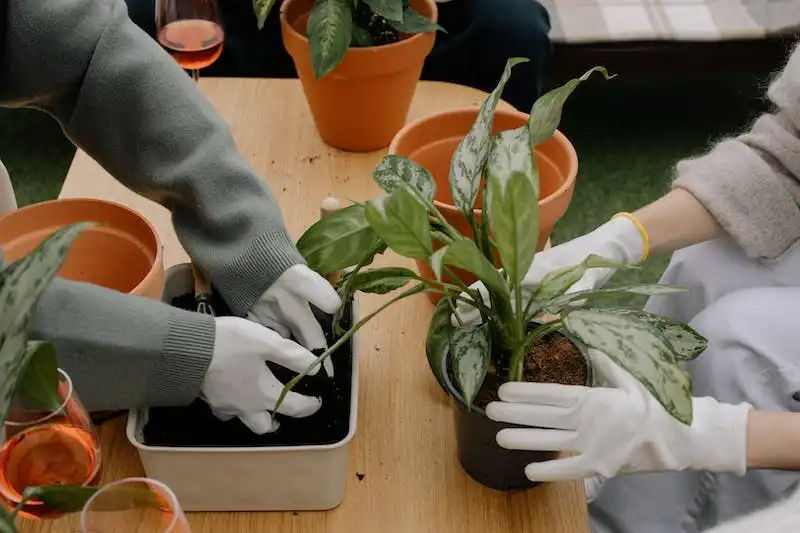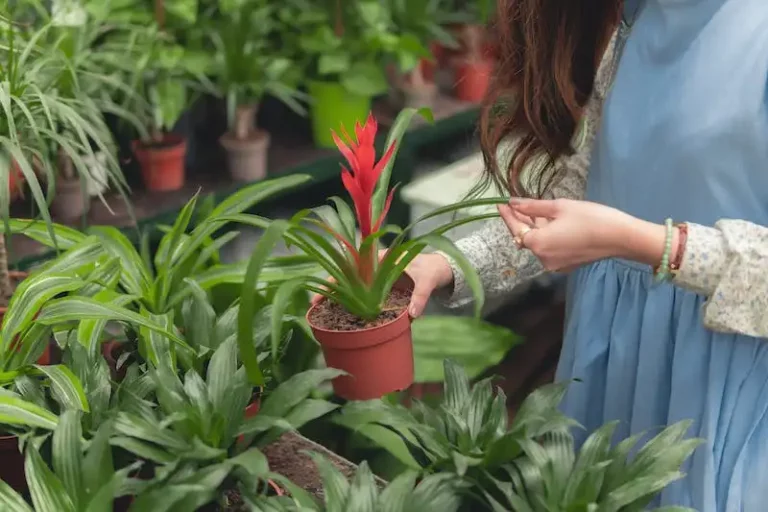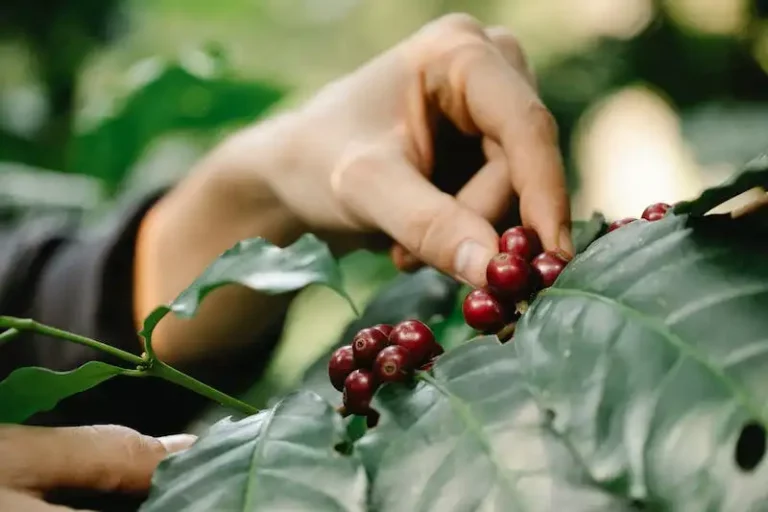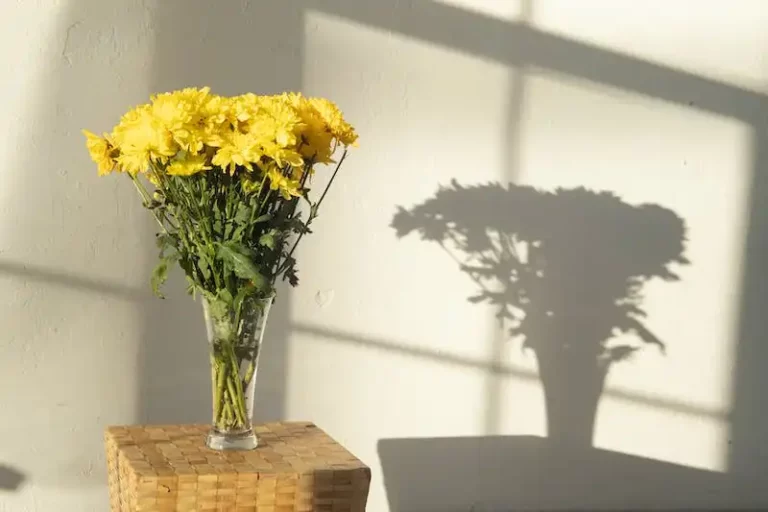Gardening can be intimidating, especially if you are new to it. But growing your herbs can bring so much enjoyment and satisfaction. Herbs are generally easy to grow and require little maintenance, making them an excellent choice for both experienced gardeners and beginners. Whether you have a small plot of land or just a few containers on your windowsill, you can enjoy the taste and aroma of freshly harvested herbs.
When choosing which herbs to grow, consider your preferences and the growing conditions you can provide. Some herbs, like basil and mint, prefer full sun and well-drained soil, while others, like parsley and marjoram, can tolerate a little shade and slightly moist soil. Depending on your preference, you can start herbs from seeds or with young plants.
Herbs have different nutrient needs, so providing them with the right type and amount of fertilizer is essential. Generally, herbs prefer a soil pH of around 6 to 7, so test your soil and adjust it if needed. You can use a general-purpose fertilizer or organic matter, such as compost, to feed your herbs regularly.
Whether growing herbs in a garden or containers, ensure they have enough space. Most herbs need about 12 inches of space between plants, but some, like oregano, can spread out even more. If you’re growing herbs in containers, choose ones at least 6 inches deep to allow the roots to grow properly.
Harvesting your herbs at the right time will ensure the best flavor and growth. For leafy herbs like basil and parsley, it’s best to start harvesting when the plant has grown a few inches tall. Cut off the top few inches of the plant, just above a leaf node, to encourage branching and more growth. For woody herbs, like rosemary and thyme, you can harvest the leaves any time and use them fresh or dried.
Herbs can be used in various ways, from cooking and making herbal teas to creating beauty and cleaning products. Regularly harvesting your herbs will promote new growth and keep the plants neat and healthy. So why not get started with your herb garden and enjoy the benefits of fresh, homegrown herbs?
For more information on growing and managing herbs, check out our website. We have detailed guides on developing different herbs, including tips on dealing with pests, diseases, and common problems like slugs. Whether you’re a seasoned herbal gardener or just starting, we have the information you need to grow your herbs successfully.
Remember, growing herbs is not only easy but also rewarding. So don’t wait any longer – start planting your favorite herbs and enjoy the wonderful flavors and aromas they bring to your dishes and your garden!
Growing Herbs in Pots for Beginners
Growing herbs in pots is an excellent way for beginners to start their herb garden. Whether you have a small space, limited gardening experience, or want fresh herbs at your fingertips, planting herbs in containers is a convenient and manageable option.
You have a few options when choosing the right type of container for growing herbs. Most herbs can be grown in smaller pots, around 6-8 inches in diameter, but larger herbs like basil and oregano may need more room to spread out. Ensure the containers have drainage holes to allow excess water to escape.
Growing herbs in pots also allows you to control their growing conditions. Herbs need plenty of sunlight, so place your containers in a sunny spot like a windowsill or balcony. If you’re growing herbs indoors, supplement them with artificial light sources to ensure they get enough light.
When it comes to the soil, choose a well-draining potting mix specifically designed for potted plants. This will help prevent overwatering, which can result in plant death. Pennington Potting Mix is popular among gardeners for its high-quality and natural ingredients.
Remember to water your potted herbs regularly, but avoid overwatering. Herbs generally prefer slightly dry conditions, so make sure the soil dries out between watering sessions. A good rule of thumb is to allow the top inch of soil to dry out before watering again.
You have several options for herb plants. Basil, parsley, and oregano are famous for beginners due to their easy growth and versatility in various cuisines. You can start herbs from seeds or purchase young plants from a garden center.
Once your herbs start growing, keeping up with their care is essential. Check them regularly for pests and diseases and manage them if necessary. Prune your herbs regularly to encourage bushier growth and prevent them from becoming too leggy.
Harvesting your herbs is one of the joys of growing them in pots. You can snip off small leaves or harvest more significant amounts for making herbal teas, seasonings, and other culinary uses. Remember not to remove more than one-third of the plant’s growth at a time to ensure its continued health.
Growing herbs in pots is a great way for beginners to get started in gardening. With the right information and a little effort, you can enjoy fresh herbs all season long, whether you’re in a small apartment or have a large garden. Give it a try, and enjoy the natural and convenient benefits of having your own herb garden!
What Herbs Grow Well in Pots
When it comes to growing herbs, meeting the needs of beginner gardeners is a top priority. Beginners should remember that most herbs prefer a sunny spot to grow. If you’ve got a sunny windowsill or balcony, you’re already off to a great start.
Kara, a seasoned herb gardener, has shared some valuable tips to ensure the successful growth of your potted herb plants. Choosing the right herbs for your pots is essential, so Kara suggests opting for herbs suitable for containers, such as basil, parsley, oregano, sage, and thyme.
One easy way to start is by planting smaller herb plants in pots. This not only saves space but also makes maintenance easier. Always pick a convenient spot for your herb pots to be easily accessible and moved indoors if the weather turns unfavorable.
Pennington, a renowned expert in gardening, advises opting for containers with drainage holes to keep the herbs healthy. High-quality potting soil designed explicitly for herbs is recommended, as it provides the necessary nutrients for optimal growth.
When watering your potted herbs, Kara suggests keeping the soil moist but not overly wet. Watering the herbs thoroughly is essential, allowing the excess water to drain. Placing a saucer under the pot can help collect excess water and prevent it from damaging the surface below.
Companion planting is another great strategy for maximizing the growth and health of your potted herb garden. By planting herbs that are known to be companions, you can more effectively deter pests and diseases. For example, planting basil near tomatoes can help repel insects, while marigolds can deter slugs and other pests.
If you grow your herbs indoors, ensure they receive sufficient light. Herbs generally require at least six hours of direct sunlight per day. If you don’t have a sunny spot, you can use artificial grow lights to supplement the light and help your plants thrive.
In summary, growing herbs in pots is a convenient and beautiful way to enjoy fresh herbs outside your door or indoors. By following the tips and information experts provide, you can create an ideal environment for your potted herb plants and enjoy the fantastic flavors and benefits they offer.
Is it Better to Grow Herbs in Pots or Ground?
When it comes to growing herbs, one question often arises whether it’s better to grow them in pots or on the ground. The answer depends on several factors, including the type of herb, available space, and personal preference.
Growing herbs in pots is an excellent option if you want a fresh supply throughout the year. This allows you to quickly move the herbs to a sunny location or even bring them indoors during the colder months. It also gives you the flexibility to rearrange your herb garden whenever needed.
On the other hand, growing herbs in the ground can be beneficial if you have ample space and want to create an entire herb garden. In-ground herbs may have more room to spread their roots and can potentially grow more significantly than their potted counterparts. Additionally, they can benefit from the natural nutrients and moisture present in the soil.
When choosing whether to grow herbs in pots or on the ground, it’s important to consider the specific needs of the herbs you wish to grow. Some herbs, like parsley and marjoram, will do well in both environments. Others, like sage and rosemary, prefer well-drained soils and may be better suited for pots or raised beds.
If you decide to grow herbs in pots, be sure to choose containers that are suitable for their growth. Provide adequate drainage by adding rocks or other materials to the bottom of the pot, and use a well-draining potting soil mix. Additionally, regular watering is essential for potted herbs as they can dry out faster than those planted in the ground.
On the other hand, if you plant herbs in the ground, prepare the soil well before planting. Remove weeds or grass and amend the soil with compost or other organic matter to improve fertility. Consider companion planting by placing herbs that work well together, such as basil and tomato, nearby.
Whether you grow herbs in pots or in the ground, remember that they need an adequate amount of sunlight to thrive. Most herbs require at least six hours of direct sunlight each day. A sunny location in your garden or on your patio would be ideal.
In conclusion, whether to grow herbs in pots or on the ground depends on various factors. Both options have their advantages and disadvantages. Consider the specific needs of your favorite herbs, the available space, and your personal preferences to make the right choice for your herb garden.




